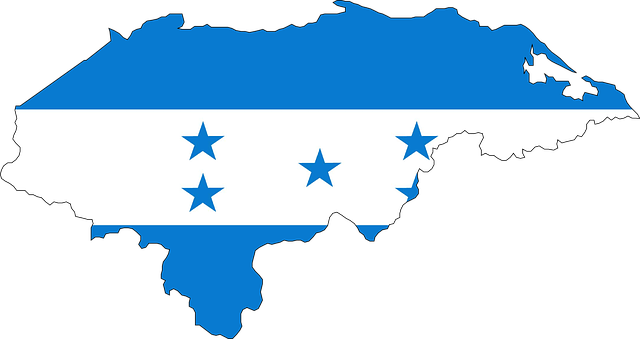By NewsDesk @infectiousdiseasenews
In a follow-up on the dengue fever outbreak in Honduras, the Ministry of Health reported Friday that the case count is now at 42,300, including 59 fatalities, according to a Telesur TV report (computer translated).

More than 9,000 severe dengue cases have been reported to date.
The number of cases to date this year is about five-times higher than the total for all of 2018 (nearly 8,000).
The departments of Atlántida, Cortés, Yoro and Santa Bárbara are most affected– where 80 percent of deaths and infections are recorded.
Honduras has been on national alert since July 2.
Dengue is a viral infection transmitted by the bite of an infected mosquito. There are four closely related but antigenically different serotypes of the virus that can cause dengue (DEN1, DEN 2, DEN 3, DEN 4).
Dengue Fever (DF) – marked by an onset of sudden high fever, severe headache, pain behind the eyes, and pain in muscles and joints. Some may also have a rash and varying degree of bleeding from various parts of the body (including nose, mouth and gums or skin bruising).Dengue has a wide spectrum of infection outcome (asymptomatic to symptomatic). Symptomatic illness can vary from dengue fever (DF) to the more serious dengue hemorrhagic fever (DHF).
Top three testing kits for the most common STDs. 100% Confidential, 5 Minute Testing. Order now!
Dengue Hemorrhagic Fever (DHF) – is a more severe form, seen only in a small proportion of those infected. DHF is a stereotypic illness characterized by 3 phases; febrile phase with high continuous fever usually lasting for less than 7 days; critical phase (plasma leaking) lasting 1-2 days usually apparent when fever comes down, leading to shock if not detected and treated early; convalescence phase lasting 2-5 days with improvement of appetite, bradycardia (slow heart rate), convalescent rash (white patches in red background), often accompanied by generalized itching (more intense in palms and soles), and diuresis (increase urine output).
Dengue Shock Syndrome (DSS) — Shock syndrome is a dangerous complication of dengue infection and is associated with high mortality. Severe dengue occurs as a result of secondary infection with a different virus serotype. Increased vascular permeability, together with myocardial dysfunction and dehydration, contribute to the development of shock, with resultant multiorgan failure.
- Ebola update: 4 cases in Goma, 85 cases average reported weekly over last 6 weeks
- Ascaris infections reduced 18 percent with improved water treatment: Study
- Experimental RSV vaccine prompts antibody surge
- Texas reports 16 additional Vesicular Stomatitis cases in past week
- Polio update: WPV1 cases in 2019 nearly double last year, Myanmar reports 3rd cVDPV1 case
- Greece reports two West Nile virus deaths


Thank you on updates.